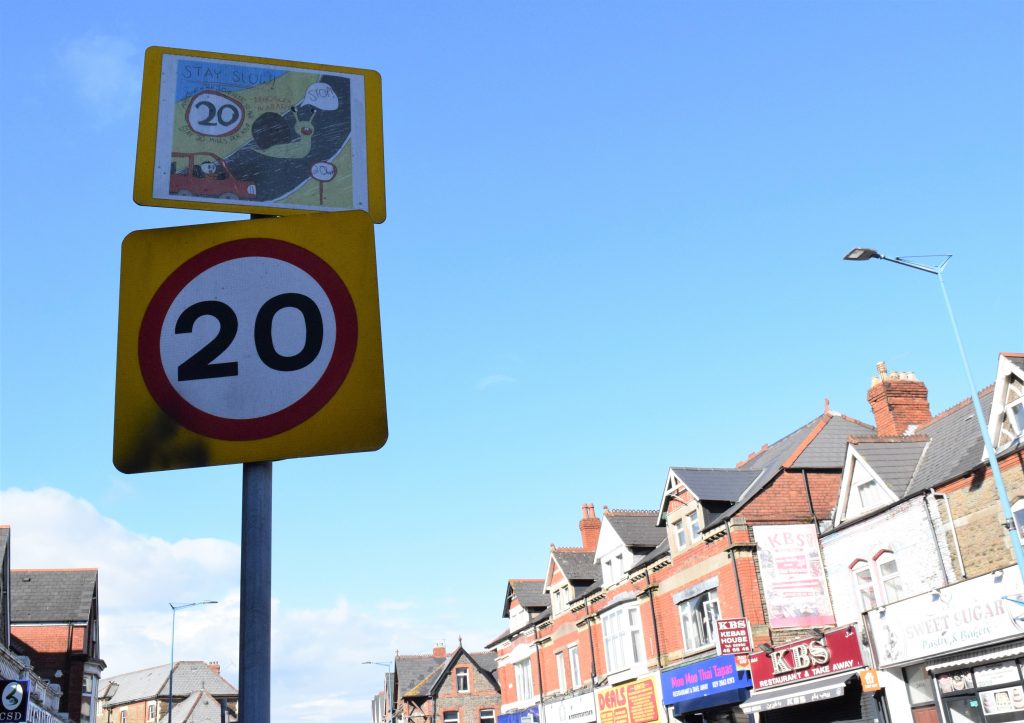Author: Dr Charles Musselwhite, Co-Director of THINK

Summary
People know that speed of vehicles is a key issue in road traffic collisions. The vast majority of the public support tougher enforcement of speed limits and are in favour of reducing speed limits in certain residential areas. Yet many people continue to drive their vehicles over the speed limit. On 20mph roads, a staggering 87% of drivers exceeded the speed limit in the England 2021 (DfT, 2021).
Why is there this disconnect between attitude towards speed and speeding behaviour?
A study I ran just over 10 years ago looked at people’s reasons for driving unsafely including why they drove over the speed limit.
- Despite stating speeding is dangerous, only 3% of the British public state that they themselves are dangerous when they speed.
- Overconfidence means people tend to view the rules about motoring are there for other people and not there for themselves; some people feel they are so safe at driving and so experienced, that they themselves can determine a safe speed and choose to speed if conditions allow.
- The road is a social situation, people mimic and imitate what they see around them, they are influenced by social norms.
- People tend to believe others are speeding, and as such speed as well.
- People may easily fall into habits and norms of speeding, or even fail to notice that they are speeding themselves.
- Some people use the car to show off and show that they can speed, some performing to “type” (boy or girl racers for example), some impressing friends (especially young male friends).
Overall, there was a feeling getting caught for speeding just wasn’t really that important; a case of bad luck rather than bad judgement.
Another research project I was involved which looked specifically at 20mph and suggested people had concerns with actually being unable to drive slowly without using a lot of fuel or polluting the environment, with cars not being geared up (literally) to run at such “slow speeds”. In addition, some drivers felt a lack of attention to other road hazards occurs when driving slowly; a real life example of risk compensation. Some drivers though, managed to drive at 20mph, these champions and leaders responded well to the safety argument in particular, and stood up for their decisions even when tailgated from behind. The majority though, fell in with others’ speeding behaviour.
So what do we do?
We know changing attitudes is going to be of limited success unless we spend a long time taking people along with us, learning why it is important to have 20mph limits, possibly getting people to explore with their differing hats; people are much more likely to support 20mph when they are a resident than when they are a motorist. Alternatively, we could simply introduce 20mph limits. Research tends to suggest that any negativity among the public, even drivers, actually falls after implementation, when people’s worst fears are not realised and a new norm is formed.
To view the full-length article please follow this link: https://think.aber.ac.uk/20mph-and-health/
In the spirit of academic peer review, THINK welcome referenced response blogs to encourage open discussion. If you would like to write a response blog please email think@aber.ac.uk with the subject line 'Blog Response'